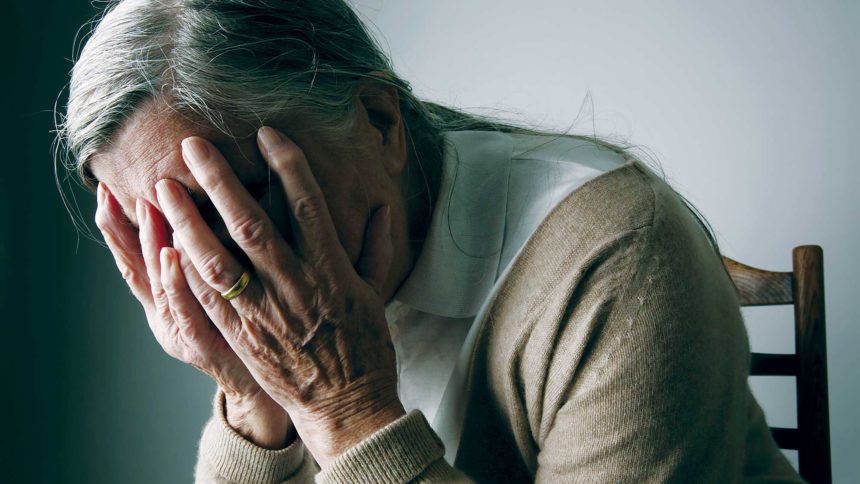
The majority of American seniors who reported concerns about being depressed during the coronavirus pandemic say they will not seek treatment for their symptoms.
That’s according to new national poll data from the GeneSight Mental Health Monitor, which surveyed 1,495 U.S. adults aged 65 and older between Aug. 12 and Sept. 27, along with another group of 650 participants aged 18 and older.
Most (69%) seniors who reported being concerned about depression but had no formal diagnosis said that the coronavirus pandemic has affected their mental health. But two-thirds of these older adults did not plan to ask for treatment.
“In my experience, there is a commonly held view that depression is a normal part of aging; it is not,” said Parikshit Deshmukh, M.D., CEO and medical director of Balanced Wellbeing LLC in Oxford, FL, which provides mental health services to nursing and assisted living facilities. “I’ve found older adults have a very difficult time admitting that they have depression. When they do acknowledge it, they are still reluctant to start treatment for a wide variety of reasons.”
Top reasons for not pursuing clinical help include thinking one’s problems “are not that bad,” confidence in the ability to manage without a doctor’s help, disinterest in medication, and a belief that one can “snap out of it” on one’s own, the surveyors found.
About a third of all seniors concerned about being depressed said symptoms were negatively affecting family relationships and activities. About one in five (21%) reported thinking about self harm or suicide, compared with 14% of all adults over age 65.
The survey also revealed a slew of pandemic-related worries among seniors who think they may be depressed:
- 38% say that pandemic news “leaves me feeling consumed with sadness.”
- 43% say they avoid situations where they must interact with others.
- 46% say they feel more isolated and disconnected from family and friends.
- 51% say they worry that someone they love will get COVID-19.
A ‘pull yourself up by your bootstraps’ mindset and reluctance to talk about mental health are keeping seniors from getting help despite the pandemic having an “enormous impact on the mental health of older Americans,” said Mark Pollack, M.D., chief medical officer of Myriad Neuroscience.
“People will seek treatment for conditions like heart disease, high blood pressure or diabetes. Depression is no different. It is an illness that can and should be treated.”




